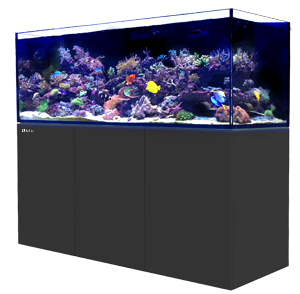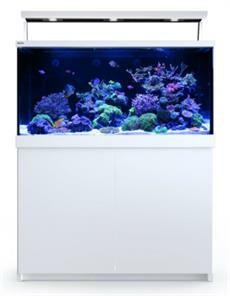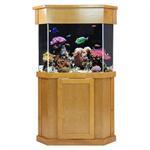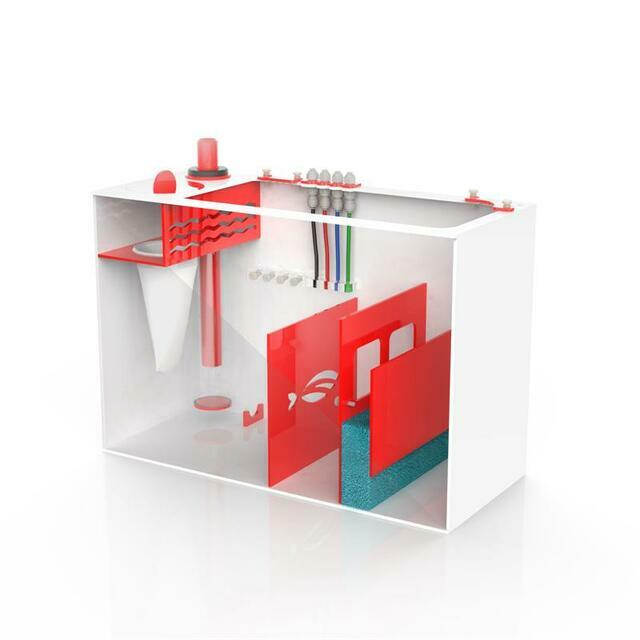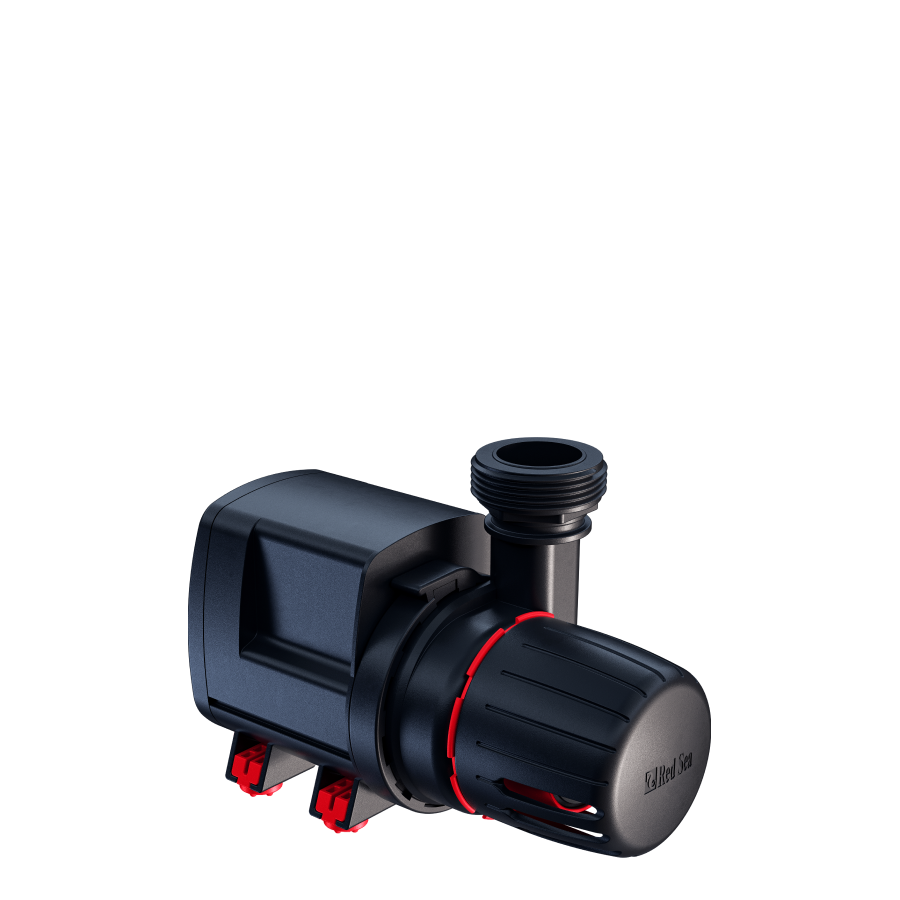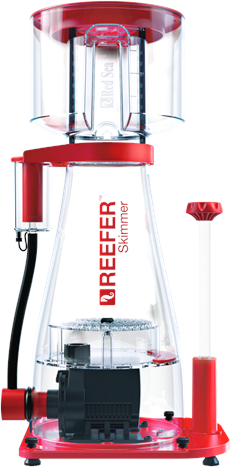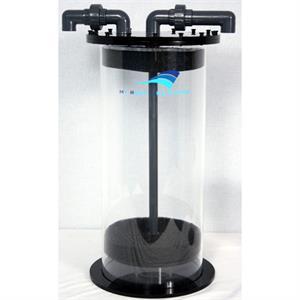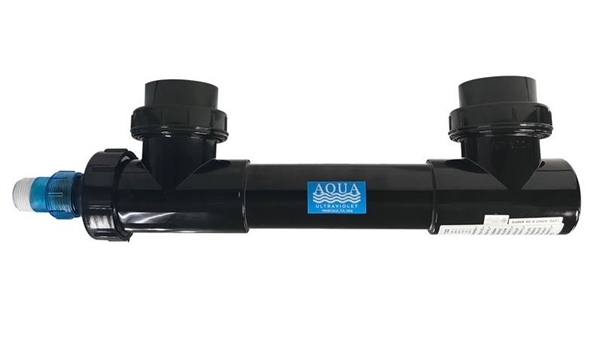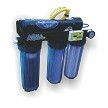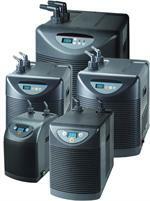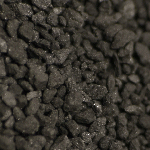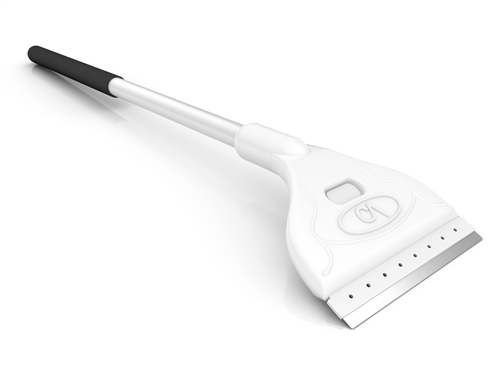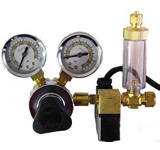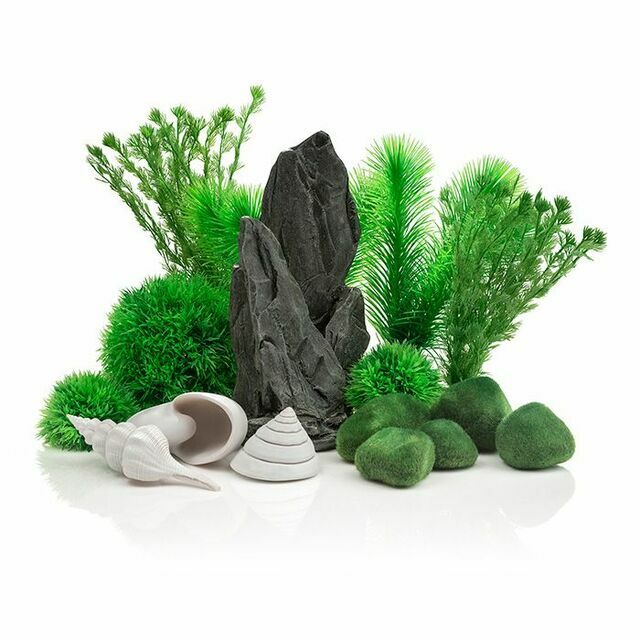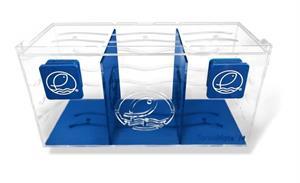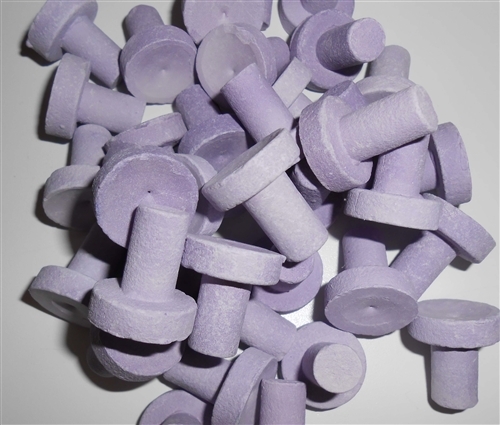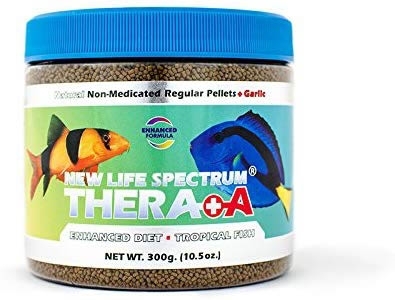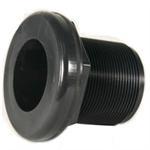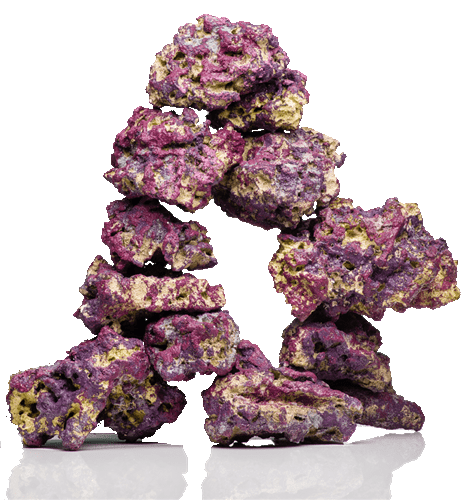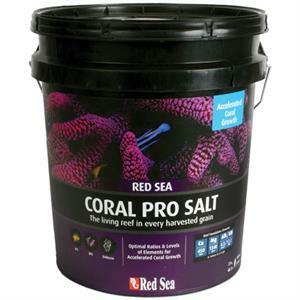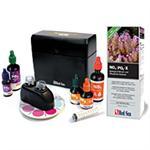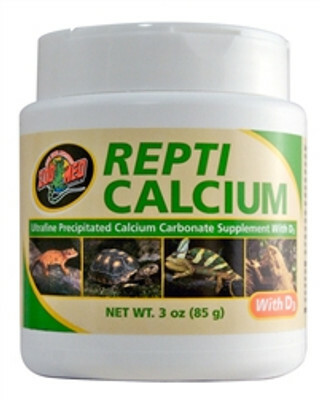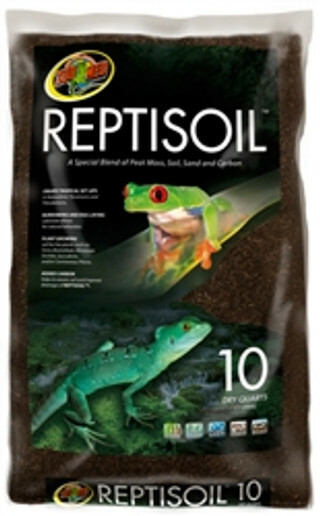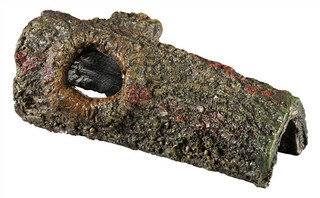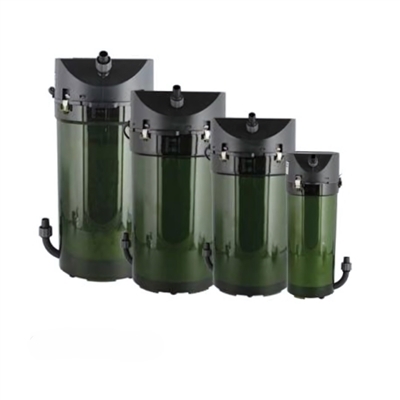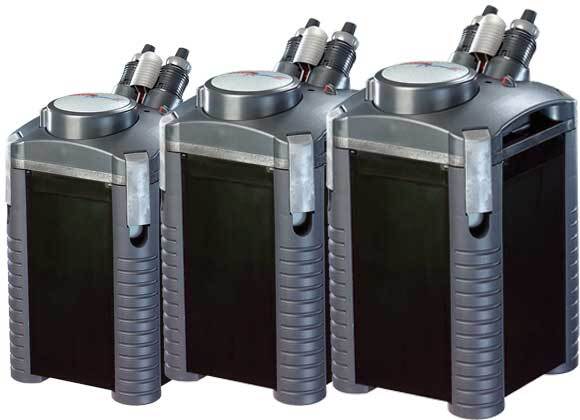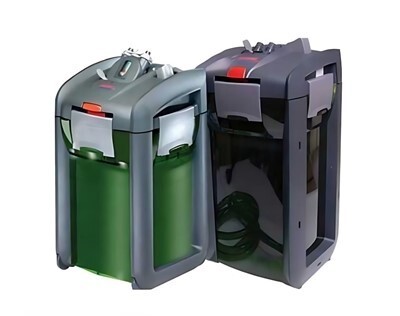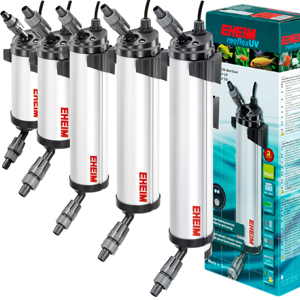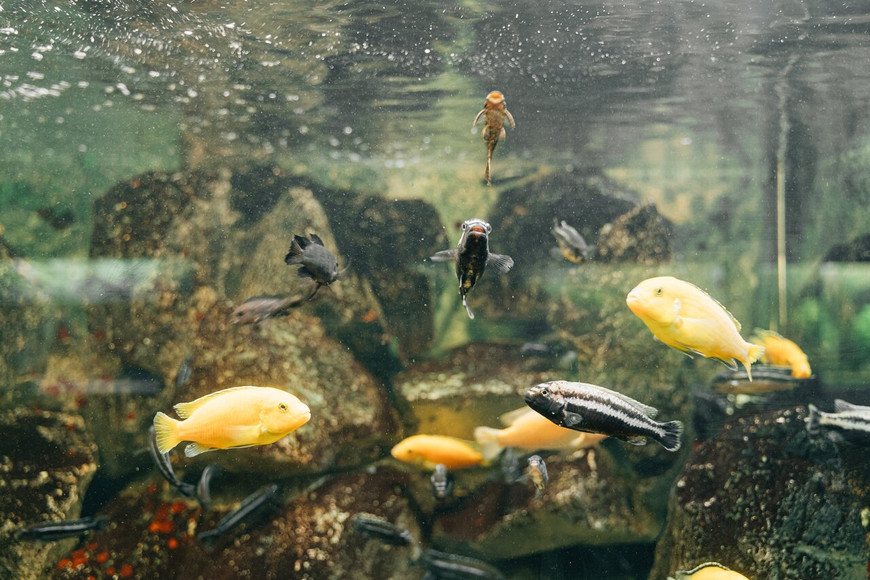Understanding Aquarium Water Chemistry
Fish Tanks Direct on Sep 5th 2024
Maintaining balanced water chemistry in your aquarium is essential for the health and well-being of your aquatic life. Whether you have a freshwater tank or a complex saltwater setup, understanding the fundamentals of water chemistry can help you create a stable environment that promotes the health of your fish, plants, and invertebrates. This guide aims to provide you with the knowledge necessary to monitor and maintain the ideal water conditions for your aquarium.
Water chemistry in an aquarium is influenced by various factors such as pH, ammonia, nitrite, nitrate, and hardness levels. Even slight imbalances can stress or harm your aquatic inhabitants. Additionally, the water chemistry can change over time due to feeding, waste production, and other organic matter breaking down. Regular testing and maintenance are crucial to keeping these parameters under control.
In the following sections, I will discuss the importance of water chemistry, key parameters you need to monitor, how to test and maintain these parameters, and solutions to common problems. By the end of this guide, you will be equipped with the essential knowledge to keep your aquarium’s water chemistry in check, ensuring a thriving aquatic ecosystem.
The Importance of Water Chemistry in Aquariums
Water chemistry is fundamental to the health of your aquarium's inhabitants. Maintaining balanced water parameters ensures that fish, plants, and other aquatic creatures can thrive. Poor water chemistry can lead to stress, disease, and even death for your aquatic life.
One key reason water chemistry is so important is that it directly affects the physiological functions of fish and plants. For example, fish rely on stable pH levels to maintain their bodily functions, including their ability to breathe and metabolize food. Similarly, plants require specific nutrient levels to perform photosynthesis, which in turn oxygenates the water and supports fish health.
Changes in water chemistry can also impact the nitrogen cycle, crucial for breaking down harmful compounds like ammonia into less toxic substances. An imbalance can disrupt this cycle, leading to buildups of toxic ammonia and nitrite. Regular monitoring and adjustments help ensure stable water conditions that support a healthy nitrogen cycle.
Key Parameters to Monitor in Aquarium Water
Monitoring key water parameters is essential for maintaining a stable and healthy aquarium environment. The most critical parameters to keep an eye on include:
- pH Level: pH measures how acidic or basic the water is. Most freshwater fish thrive in a pH range of 6.5-7.5, while saltwater fish generally prefer a range between 8.0-8.4. Consistently monitor pH to avoid harmful fluctuations.
- Ammonia (NH3/NH4+): Ammonia is toxic to fish and should ideally be at zero. It originates from fish waste, uneaten food, and decaying plant material. Even small amounts can be harmful, so testing regularly is crucial.
- Nitrite (NO2-): Nitrites are a byproduct of ammonia and are equally harmful to fish. Levels should be maintained at or near zero. Elevated nitrite levels can cause respiratory issues in fish.
- Nitrate (NO3-): Nitrates are less toxic but can still stress fish if they build up. Aim to keep nitrate levels below 20-40 ppm in freshwater tanks and below 5-10 ppm in saltwater tanks.
- Hardness (GH and KH): General hardness (GH) and carbonate hardness (KH) influence both the mineral content and buffering capacity of the water. These levels can affect fish health and the stability of pH levels.
By keeping these parameters within the ideal ranges, we can create a stable environment that supports the health and longevity of our aquatic inhabitants. Regular monitoring, combined with timely adjustments, will help maintain the ideal conditions for your tank.
How to Test and Maintain Aquarium Water Chemistry
Properly testing and maintaining your aquarium's water chemistry is essential for the health of your aquatic environment. Regular testing helps detect imbalances early, allowing you to take corrective action before they become serious issues.
- Testing Kits: Reliable testing kits are a must-have. These kits can test pH, ammonia, nitrites, nitrates, and hardness. Follow the instructions carefully to ensure accurate readings. Liquid test kits generally offer more precise results than test strips.
- Routine Testing: Make it a habit to test your water weekly, especially in new or recently modified tanks. Regular testing ensures that you catch any changes in water chemistry early. Maintain a log to track trends and identify any recurring issues.
- Adjusting pH Levels: Add pH buffers to adjust the pH level if it's outside the ideal range. Always make gradual changes to avoid shocking your fish. Using reverse osmosis water can also help achieve the desired pH and hardness levels.
- Controlling Ammonia, Nitrite, and Nitrate Levels: Perform regular water changes to keep ammonia, nitrite, and nitrate levels in check. Use a gravel vacuum to remove detritus and uneaten food. Install a high-efficiency filtration system with biological media to aid in breaking down these harmful compounds.
- Hardness Maintenance: If your water's hardness levels are off, consider using water conditioners or specialty substrates. These products can help increase or decrease hardness as needed.
By regularly testing and adjusting the water chemistry, we can maintain a balanced and healthy environment for our aquatic inhabitants. This proactive approach minimizes stress and promotes their well-being.
Common Problems and Solutions in Water Chemistry
Even with regular maintenance, issues with water chemistry can arise. Understanding common problems and their solutions will help keep your aquarium stable and healthy.
- Algae Blooms: Excessive algae growth can result from high nutrient levels and too much light. Reduce feeding, increase water changes, and limit light exposure to control algae. Using phosphate removers can also help.
- pH Fluctuations: Rapid changes in pH can stress fish. Identify the source of the fluctuation, such as substrate, decorations, or water source. Use pH buffers to stabilize the pH slowly. Regular testing will help prevent sudden changes.
- High Ammonia Levels: Overfeeding and a lack of biological filtration often cause elevated ammonia levels. Reduce feeding, increase water changes, and make sure your filter media supports beneficial bacteria growth. Adding products containing nitrifying bacteria can help speed up the nitrogen cycle.
- Nitrite Spikes: A new tank or filter cleaning can cause nitrite spikes. Test water frequently in the weeks following setup or maintenance. Perform partial water changes and add nitrifying bacteria supplements to control spikes.
- Nitrate Accumulation: Excessive nitrates can stress fish and promote algae. Regular water changes and the use of nitrate removers can keep levels within a safe range. Adding live plants can also help absorb excess nitrates.
By addressing these common issues promptly, we can maintain stable water chemistry and provide a healthy environment for our fish and plants.
Conclusion
Understanding and managing your aquarium's water chemistry is crucial for creating a stable and thriving aquatic environment. By regularly monitoring key parameters like pH, ammonia, nitrite, nitrate, and hardness, we can detect imbalances early and take corrective actions. Consistent testing and maintenance practices, coupled with a proactive approach to common issues, help ensure that our aquatic inhabitants remain healthy and stress-free.
At Fish Tanks Direct, we offer a wide range of products to help you manage and maintain your aquarium's water chemistry effectively. From testing kits to water conditioners and filtration systems, our aquarium supplier has the tools you need to keep your tank in optimal condition. Explore our selection today and take the necessary steps to ensure a vibrant and healthy aquarium.
Visit Fish Tanks Direct to find the best solutions for your aquarium water chemistry needs, and keep your tank thriving!

